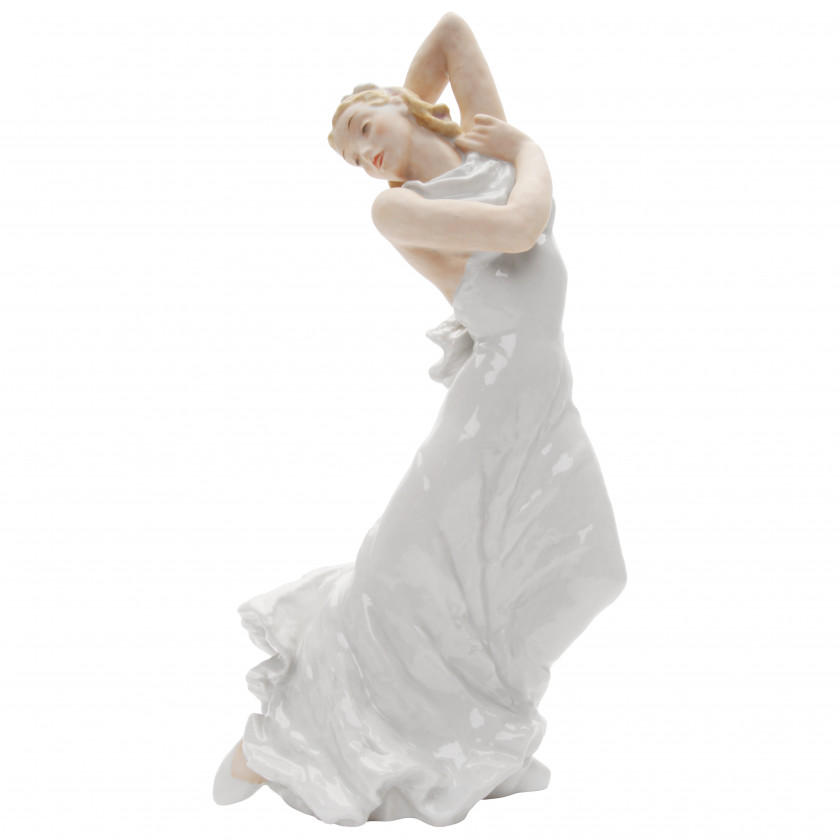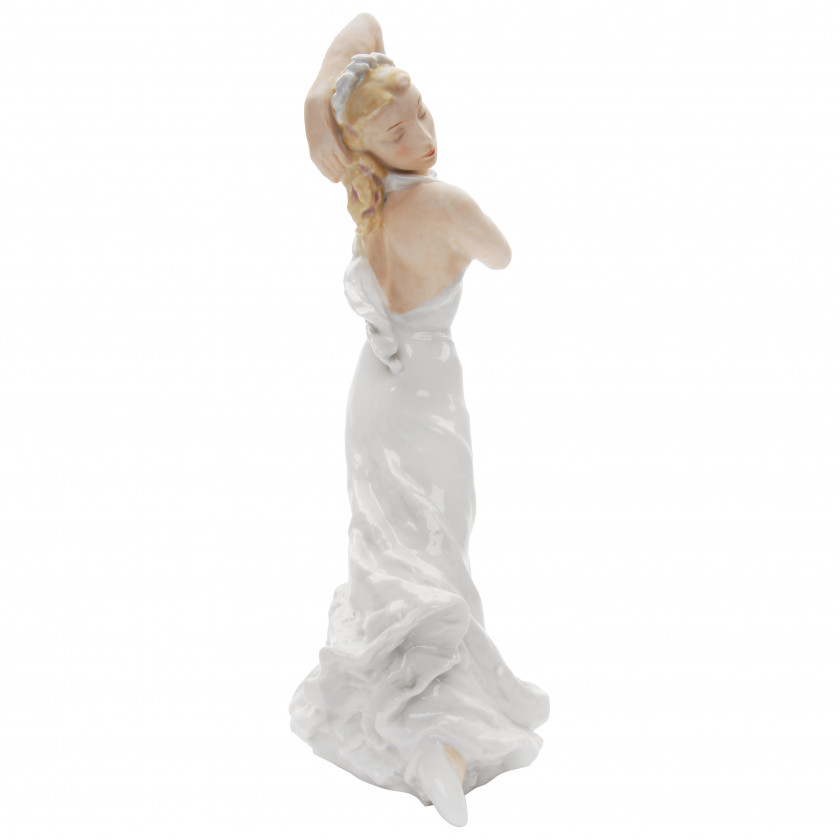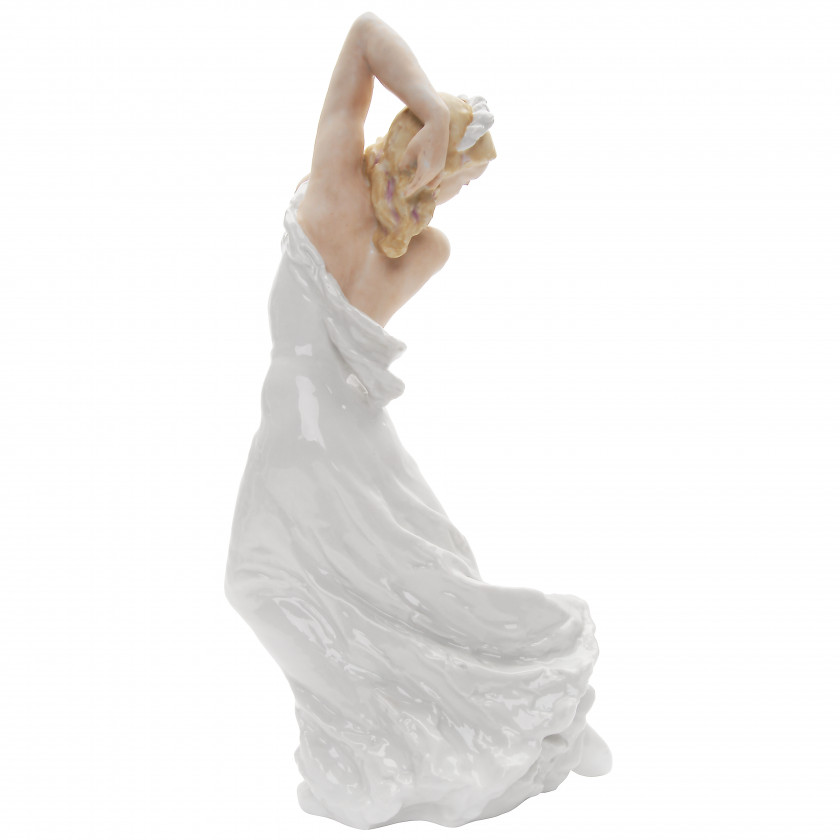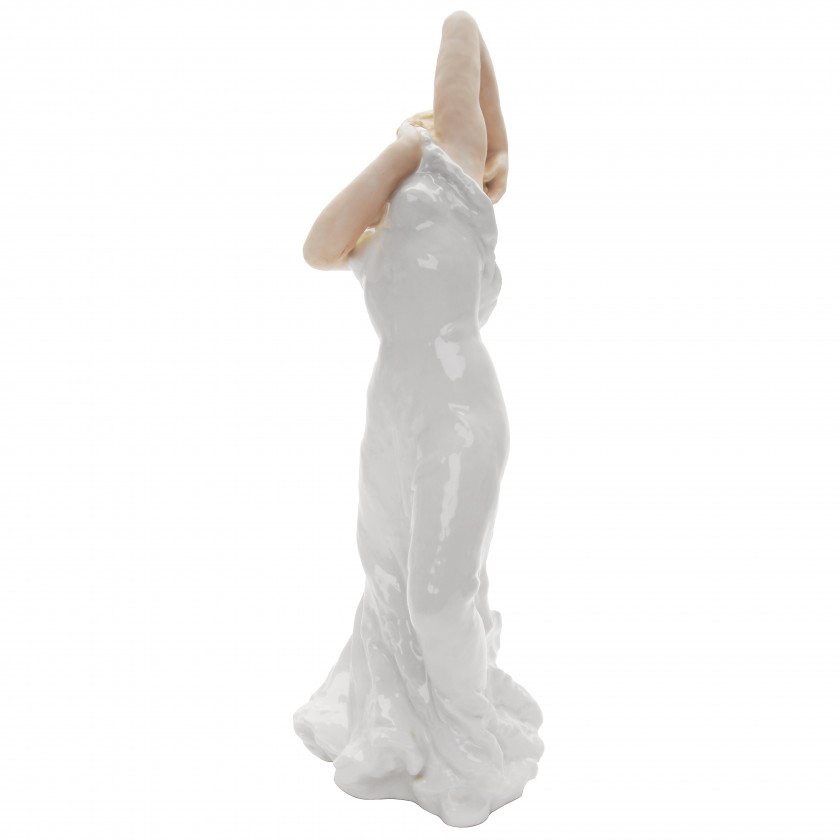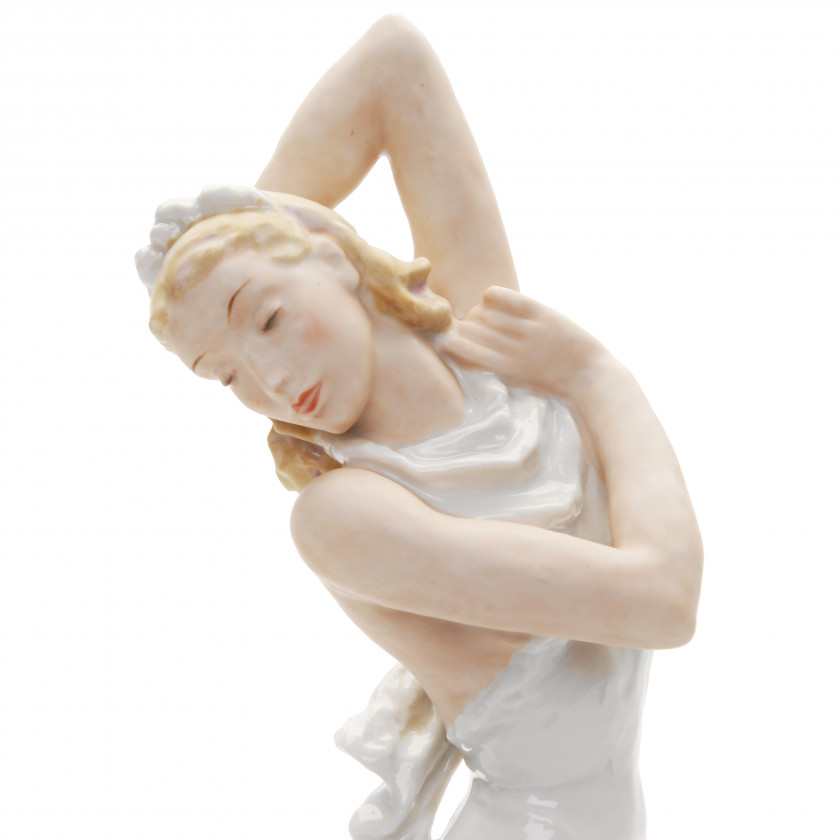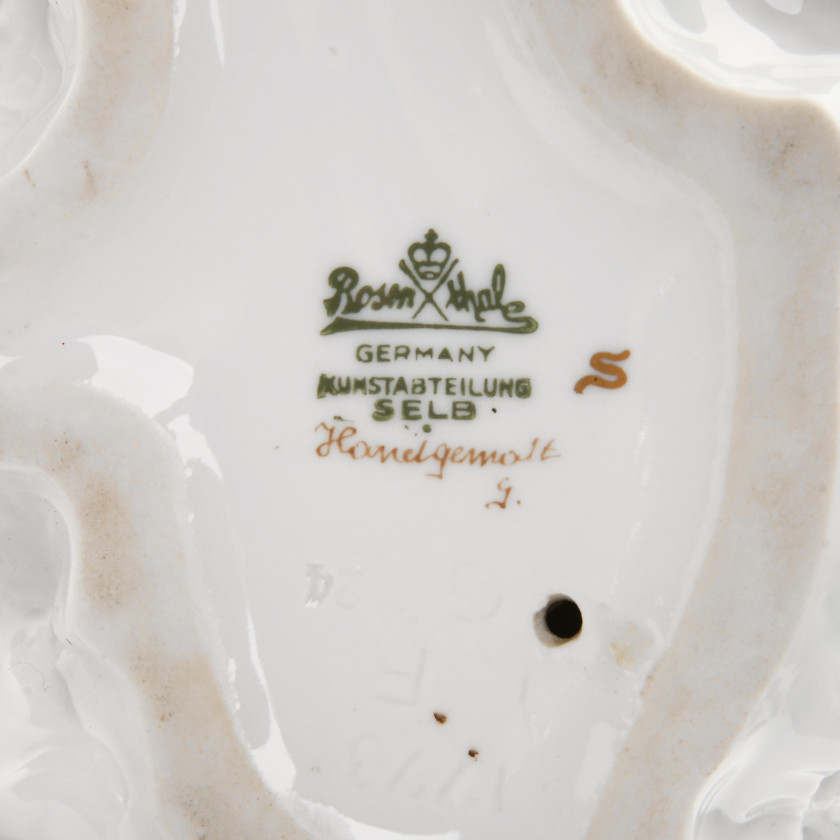Porcelāna figūra "Balerīna Lisl Spalinger"
-
Prece pārdota
Autors/Izstrādātājs: Rosenthal, tēlnieks: Lore Friedrich-Gronau
Dzimšanas dati/Periods: 1879 - pašlaik
Izgatavošanas vieta: Vācija
Izgatavošanas datums: 1944
Materiāli: apakšglazūras rokas gleznojums, porcelāns
Modeļa Nr.: 1773
Augstums: 35.0 cm.
Stāvoklis:
Slikts
Labs
Teicams
Piegādes informācija
- Ieiet, lai redzētu piegādes maksu šim priekšmetam uz Jūsu izvēlēto adresi.
Piegādes veidu nosaka priekšmeta izmēri, tips, trauslums un konkrēti parametri.
Piegādes maksa tiek aprēķināta, pamatojoties uz pārvadātāja tarifiem, piegādes attālumu un iepakojuma sarežģītību.
Maksājumu informācija
Doma Antikvariāts pieņem sekojošos maksājuma veidus:





